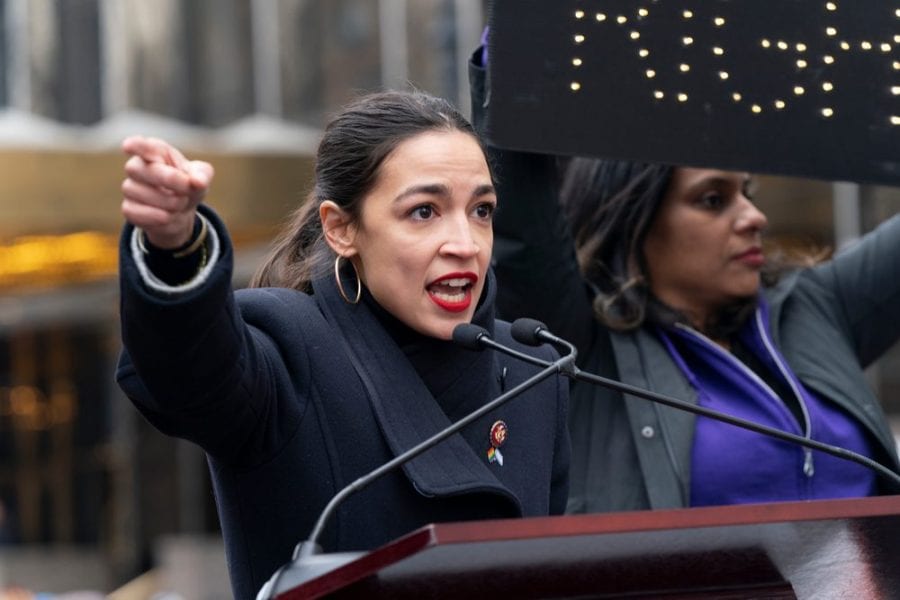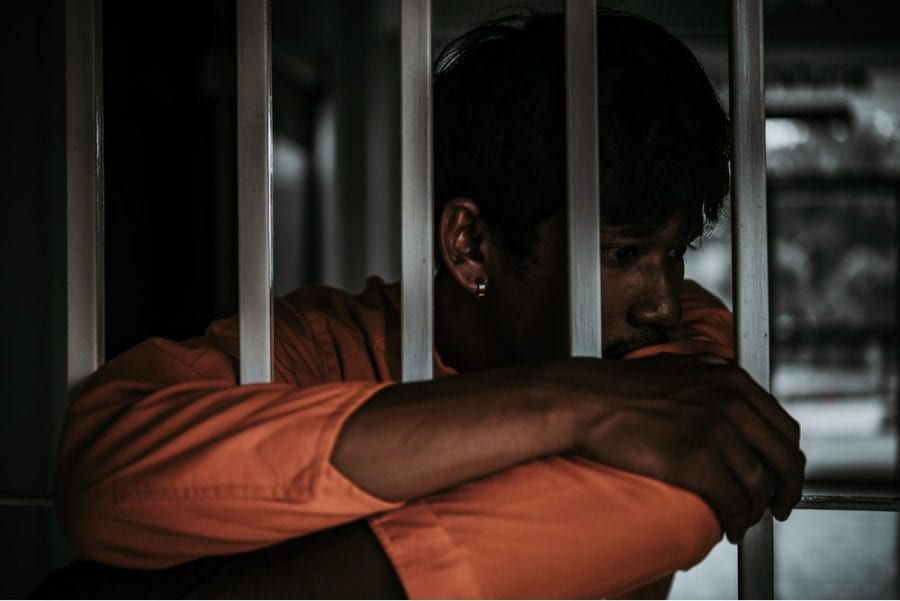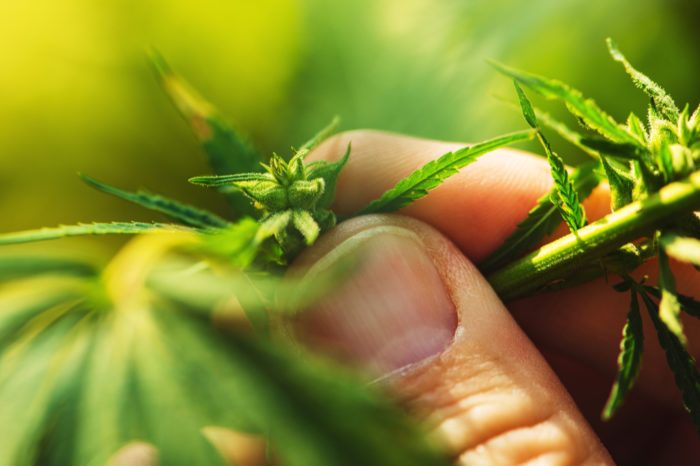Whatever your political leanings, if you are pro-cannabis, this is a movement you can get behind. No one should be in prison for ‘cannabis crimes.’
The most visible new Congressional representative is socialist-leaning Democrat Alexandria Ocasio-Cortez (AOC) of New York’s 14th district. And now, her characteristically brazen ideas have entered the cannabis debate.
Despite what you may have heard about her, the ideas she brings here are worth discussing for multiple reasons. Not only does AOC have an outsized platform and an influence that ripples across the left-leaning youth of the country, she’s also pushing the conversation about legalized cannabis in new directions. She’s finally opening up space for the kind of dialogue that a robust democracy should be engaging in.

AOC’s Latest on Cannabis
Her latest remarks came on Valentine’s Day, when the U.S. House’s Financial Services subcommittee held its first hearing this year on the topic of the banking services for the cannabis industry.
The forum itself was a huge step forward. The banking industry in America is a massive impediment to the cannabis space right now. Backlash is the largest concern for many banks as the substance remains federally illegal. Meanwhile, federal authorities oversee banking across the country. Thanks in part to this hearing, a group of lawmakers from both parties are circulating a new draft of an old bill that would protect banks that provide services to businesses in the cannabis industry.
But Ocasio-Cortez struck a different note with her brief comments. While the banking issue is vital to the cannabis industry, AOC directed the conversation toward another problematic area.
“According to an industry trade publication, 73 percent of cannabis executives in Colorado and Washington are male, 81 percent are white,” she said during the hearing. “In the state of Massachusetts, just 3.1 percent of marijuana businesses in the state were owned by minorities, and just 2.2 percent were owned by women. Is this industry representative of the communities that have historically [borne] the greatest brunt of injustice based on the prohibition of marijuana?”
She directed her question toward a cannabis retailer in Washington named Corey Barnette. Barnette is one of the few African-American owners of a medical cannabis establishment. But while Barnette may have been the literal recipient of the question, its true target was far larger.
The Real Significance of the AOC’s Question
AOC was using her bully pulpit to ask her fellow representatives and politically-informed Americans how they want to make reparations for one of the worst side effects of the country’s misinformed and mismanaged War on Drugs: the unequal incarceration and harassment of minority populations.
The latest NAACP figures show that African-Americans are nearly six times likelier than whites to be imprisoned for drug offenses. This is despite both groups reporting similar levels of drug use in the National Survey on Drug Use and Health. Black people in America make up 12.5 percent of all drug users. On the other hand, they account for 29 percent of drug arrests and one-third of those imprisoned for such charges.
The Latino population in America is similarly over-represented in drug arrests and imprisonment.

Options Outside Incarceration
AOC is suggesting the U.S. government introduces Affirmative Action-like effort to the cannabis industry. Current regulations allow rich, well-connected (and usually white) members of society to reap cannabis profits. Your opinion on this will depend on if you think the government has a duty to correct past policy outcomes. But, these questions don’t exist in a vacuum.
Think of the current crop of cannabis criminals locked up in prison. If and when new laws pass in their states or federally, should these people be released or have their sentences reduced in some way? After all, what they did would no longer be illegal, even if was at the time of their incarceration. And, less importantly, paroles reduce the taxpayer burden of the penal system, allowing governments to spend money in different areas. Like education, for instance?
As AOC told TMZ: “We need to accept that there is nothing more inherently damaging about marijuana than say legal substances, like alcohol or anything else. So, I’m glad that we’re moving towards a more just position as a party and that we’re moving to legalize marijuana but not just legalize marijuana but to really make up for the damages done by the war on drugs and the people who were unjustly incarcerated by the war on drugs.”





